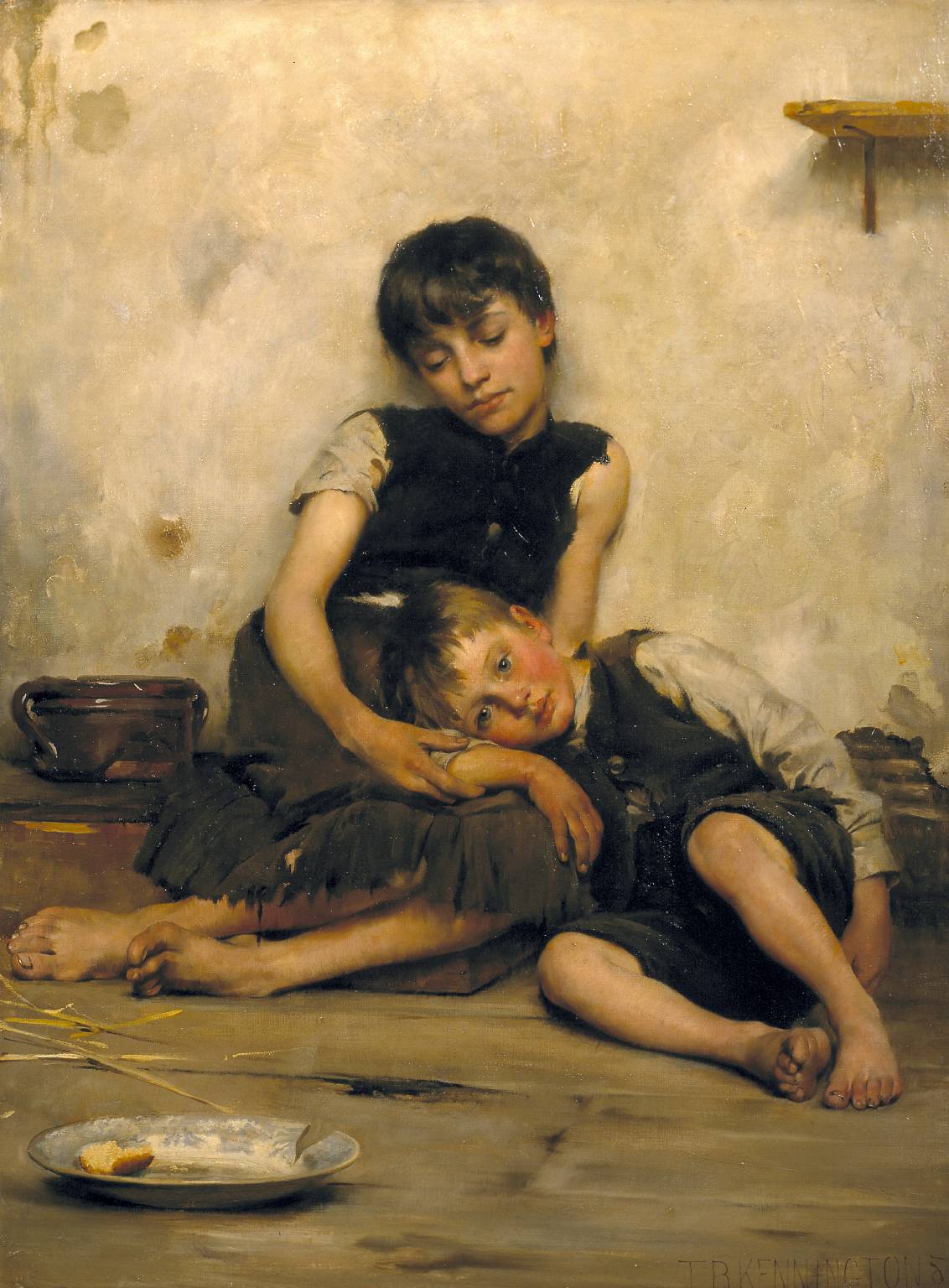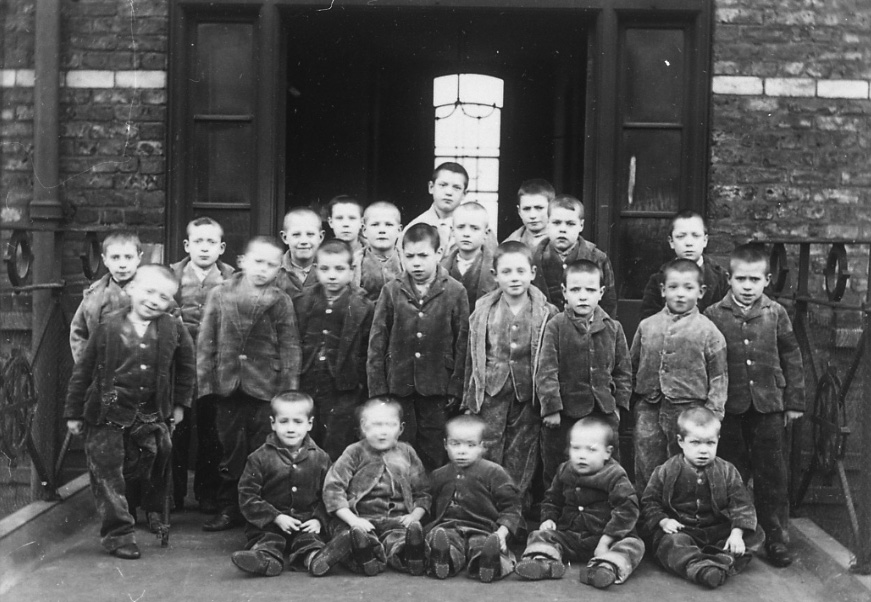|
Copprome Orphanage
Copprome Orphanage (est. 1989) is a Catholic orphanage in El Progreso, Honduras. Copprome orphanage is a home of last resort for Honduran children who need a safe haven. It provides food, shelter, and education to over 40 orphans, both boys and girls ranging from 2–17 years old. Copprome Orphanage was founded in 1989 by Sister Teresita Gonzalez and the citizens of El Progreso. Copprome Orphanage has seen fundraising efforts by people from the United States. Charlie Proctor, from Durham, Connecticut Durham ( ) is a New England town, town in Middlesex County, Connecticut, Middlesex County, Connecticut, United States. Durham is a former farming village on the Coginchaug River in central Connecticut. The town is part of the Lower Connecticut Ri ..., raised over $20,000 and created an ongoing foundation to help the orphanage. References {{reflist External links Copprome Orphanage official website 1989 establishments in Honduras Orphanages Yoro Department Child-related orga ... [...More Info...] [...Related Items...] OR: [Wikipedia] [Google] [Baidu] |
El Progreso, Honduras
El Progreso () is a city, with a population of 120,600 (2023 calculation), and a municipality located in the Honduran department of Yoro. Ramón Villeda Morales International Airport of San Pedro Sula is located west of the city. To the east of the city is the mountain range of Mico Quemado (Burned Monkey). El Progreso is located at a crossroads. Due to its strategic location, many travellers or tourists pass through El Progreso in one way or another. Many travellers going to San Pedro Sula, Tela, La Ceiba, La Lima, and Tegucigalpa make a connection here or use it as a rest area. The territorial extension of the municipality is . Of this territory, is defined as urban and as rural. The municipality is also divided into three geographic zones that comprise more than 100 barrios, which are home to more than 90,000 people. The climate of the city is humid. Demographics At the time of the 2013 Honduras census, San Francisco del Valle municipality had a population of 202,98 ... [...More Info...] [...Related Items...] OR: [Wikipedia] [Google] [Baidu] |
Orphans
An orphan is a child whose parents have died, are unknown, or have permanently abandoned them. It can also refer to a child who has lost only one parent, as the Hebrew translation, for example, is "fatherless". In some languages, such as Swedish, the term is "parentless" and more ambiguous about whether the parents are dead, unknown or absconded, but typically refers to a child or younger adult. In common usage, only a child who has lost both parents due to death is called an orphan. When referring to animals, only the mother's condition is usually relevant (i.e., if the female parent has gone, the offspring is an orphan, regardless of the father's condition). Definitions Various groups use different definitions to identify orphans. One legal definition used in the United States is a minor bereft through "death or disappearance of, abandonment or desertion by, or separation or loss from, both parents". In everyday use, an orphan does not have any surviving parent to care fo ... [...More Info...] [...Related Items...] OR: [Wikipedia] [Google] [Baidu] |
Durham, Connecticut
Durham ( ) is a New England town, town in Middlesex County, Connecticut, Middlesex County, Connecticut, United States. Durham is a former farming village on the Coginchaug River in central Connecticut. The town is part of the Lower Connecticut River Valley Planning Region, Connecticut, Lower Connecticut River Valley Planning Region. The population was 7,152 at the 2020 United States Census, 2020 census. Every autumn, the town hosts the Durham Fair, the largest volunteer fair, agricultural fair in New England. The Durham (CDP), Connecticut, Durham town center is listed by the U.S. Census Bureau as a census-designated place. The core of the town center has also been listed as a Main Street Historic District (Durham, Connecticut), historic district on the National Register of Historic Places. Geography According to the United States Census Bureau, the town has a total area of , of which is land and 0.2 square mile (40 hectare, ha or 0.67%) is water. The town center C ... [...More Info...] [...Related Items...] OR: [Wikipedia] [Google] [Baidu] |
1989 Establishments In Honduras
1989 was a turning point in political history with the "Revolutions of 1989" which ended communism in Eastern Bloc of Europe, starting in Poland and Hungary, with experiments in power-sharing coming to a head with the opening of the Berlin Wall in November, the Velvet Revolution in Czechoslovakia and the overthrow of the communist dictatorship in Romania in December; the movement ended in December 1991 with the dissolution of the Soviet Union. Revolutions against communist governments in Eastern Europe mainly succeeded, but the year also saw the suppression by the Chinese government of the 1989 Tiananmen Square protests and massacre, 1989 Tiananmen Square protests in Beijing. It was the year of the first 1989 Brazilian presidential election, Brazilian direct presidential election in 29 years, since the end of the Military dictatorship in Brazil, military government in 1985 that ruled the country for more than twenty years, and marked the redemocratization process's final poin ... [...More Info...] [...Related Items...] OR: [Wikipedia] [Google] [Baidu] |
Orphanages
An orphanage is a residential institution, total institution or group home, devoted to the care of orphans and children who, for various reasons, cannot be cared by their biological families. The parents may be deceased, absent, or abusive. There may be substance abuse or mental illness in the biological home, or the parent may simply be unwilling to care for the child. The legal responsibility for the support of abandoned children differs from country to country, and within countries. Government-run orphanages have been phased out in most developed countries during the latter half of the 20th century but continue to operate in many other regions internationally. It is now generally accepted that orphanages are detrimental to the emotional wellbeing of children, and government support goes instead towards supporting the family unit. A few large international charities continue to fund orphanages, but most are still commonly founded by smaller charities and religious groups ... [...More Info...] [...Related Items...] OR: [Wikipedia] [Google] [Baidu] |
Yoro Department
Yoro is one of the 18 departments into which Honduras is divided. The department contains rich agricultural lands, concentrated mainly on the valley of the Aguan River and the Sula Valley, on opposite ends. The departmental capital is Yoro. The department covers a total surface area of 7,939 km2 and, in 2005, had an estimated population of 503,886 people. It is famous for the Lluvia de Peces (rain of fishes), a tradition by which fish fall from the sky during very heavy rains. Municipalities # Arenal # El Negrito # El Progreso # Jocón # Morazán # Olanchito # Santa Rita # Sulaco # Victoria # Yorito # Yoro Demographics At the time of the 2013 Honduras census, Yoro Department had a population of 570,595. Of these, 88.12% were Mestizo, 7.26% White, 3.79% Indigenous (2.92% Tolupan, 0.39% Chʼortiʼ, 0.28% Lenca, 0.09% Nahua), 0.71% Black or Afro-Honduran and 0.12% others. Economy The department, historically, is known for harvesting mahogany and cedar trees fo ... [...More Info...] [...Related Items...] OR: [Wikipedia] [Google] [Baidu] |



